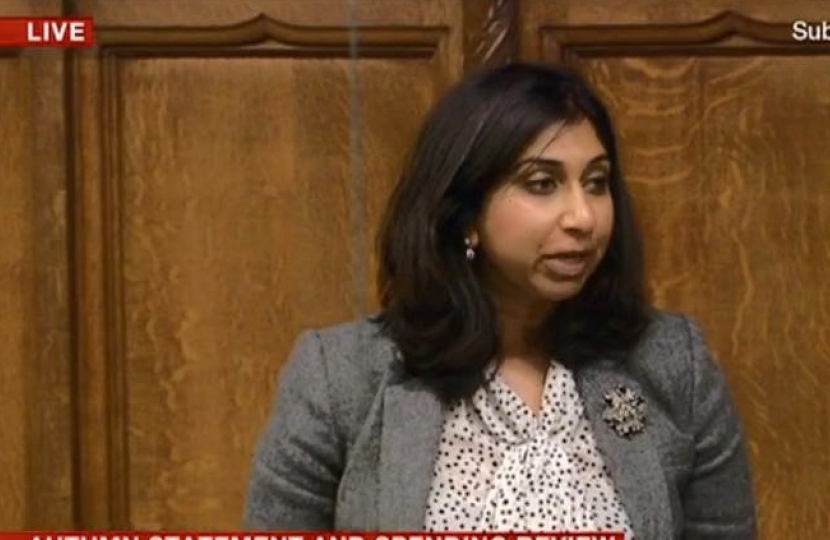
Last week marked a momentous turning-point in the Brexit negotiations, as the European Council agreed that “sufficient progress” had been made to start phase 2 of the talks.
In the EU’s artificially imposed timetable, this means that we can move on from the ‘divorce’ issues – citizens’ rights, the financial settlement and Northern Ireland – and start discussing transitional arrangements and the terms of the UK’s future partnership with the EU.
In securing this agreement from the EU, the Prime Minister has shown extraordinary resilience and defied those who seek to undermine the UK’s position at every turn of the negotiations. Indeed, while Labour has been seeking to force the Government to release confidential reports, and to derail the EU Withdrawal Bill, the Prime Minister has got on and unlocked the path to the next stage of the talks.
Importantly, she has also achieved significant concessions from the EU in the exit deal. For example, the EU wanted the European Court of Justice to have sole jurisdiction on issues to do with citizens’ rights; but now it will be UK courts that decide on any dispute over these rights. The EU wanted Northern Ireland to remain in the Customs Union and Single Market; but Northern Ireland will not stay in either of these and it will remain fully part of the UK. And the EU want to extract a ‘divorce bill’ of up to up to €100 billion; but now we will pay a lesser amount – money we would have had to pay anyway if we were still in the EU.
Back in Westminster, the Government has been successfully steering the Withdrawal Bill through Parliament. This is a Bill that preserves EU-derived laws and ensures there is legal certainty for individuals and businesses on the day we leave the EU. Once we have left, we will take back control of these laws and it will be for Parliament to decide which we should keep in the future.
Despite overblown media reports, the Government’s ‘defeat’ on an amendment that seeks a vote on the withdrawal agreement will not alter the course of Brexit. The amendment in fact only related to a technical provision in the Bill – to do with the circumstances in which powers can be used to implement the withdrawal agreement – and it is very likely that a sensible compromise can be reached that respects the role of Parliament but does not impact the Government’s ability to deliver on the final deal.
Looking ahead to next year, talks on a transitional deal are expected to start immediately, before negotiations move on in March to the terms of the UK’s long-term relationship with the EU.
As the Prime Minister set out in her Florence Speech, this will involve a time-limited implementation period. This means that, once the UK leaves the EU in March 2019, we will continue to have access to EU markets until the terms of our partnership with the EU have been agreed. Importantly, however, we will have left the EU and will be free to begin trade negotiations with other countries around the world.
In contrast to Labour, which has had no fewer than 12 diff#erent Brexit plans over the last year, the Conservative Government also has a clear vision for the UK’s long term relationship with the EU. This will be outside the Single Market and Customs Union and therefore free from EU law and immigration rules; but will build on the unique ties between the UK and Europe and will ensure that free trade and cooperation continues.
